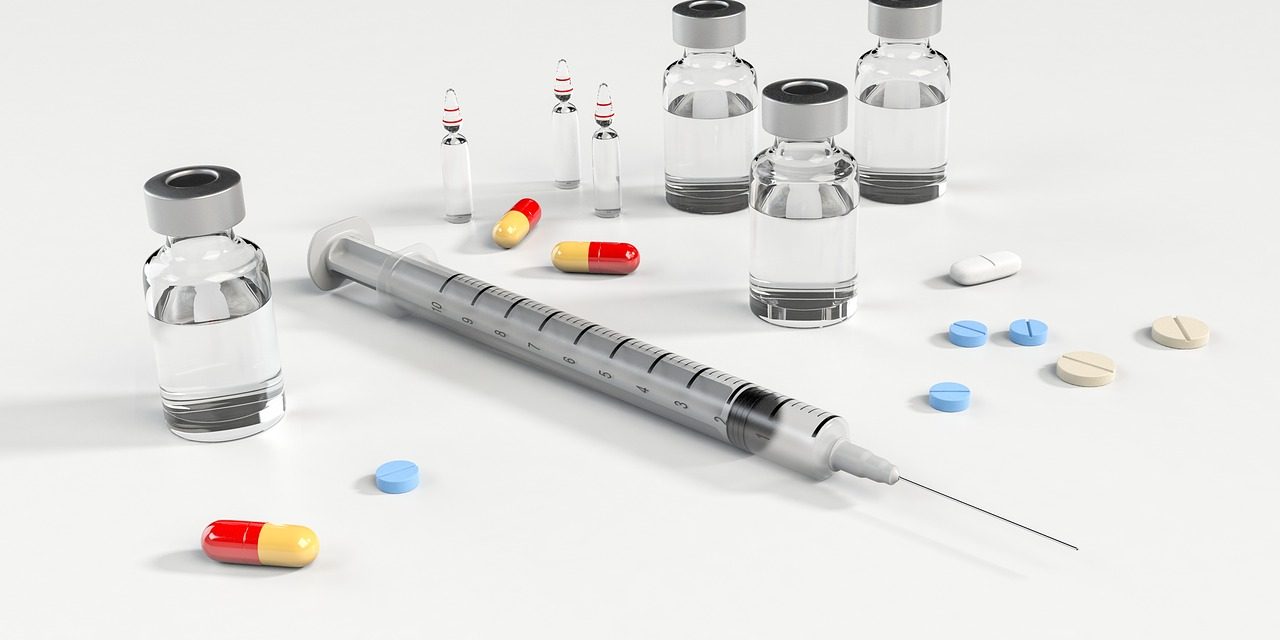What is diabetes? Diabetes is a chronic condition that occurs when the body doesn’t produce enough insulin, or when it produces the hormone too much. Without enough insulin in your body, glucose cannot enter your cells and you become diabetic. Insulin lowers blood sugar levels and helps with the absorption of sugar from food into the body’s cells. There are three types of diabetes: type 1, type 2, and gestational diabetes. Today in this article, we will learn about Diabetes, it’s types, symptoms, causes & treatments.
Types of Diabetes:
There are three types of diabetes. Type 1 diabetes is caused by the body’s immune system mistakenly attacking the insulin-producing cells in the pancreas. Type 2 diabetes occurs when the body does not produce enough insulin or cannot effectively use the insulin it produces. Gestational diabetes develops during pregnancy, and can be managed with diet and exercise, medications, and sometimes medication to help prevent gestational diabetes from occurring again.
What is Type 1 Diabetes:
Type 1 diabetes is a chronic condition that occurs when the pancreas stops producing insulin, which is necessary for cells to absorb glucose.
Symptoms:
The symptoms of type 1 diabetes are the result of high blood sugar levels and include excessive thirst, frequent urination, weight loss despite an increase in appetite, fatigue, and ketoacidosis.
Treatments:
In order to avoid these symptoms people with type 1 diabetes should keep their blood sugar levels within a healthy range by eating healthy foods and maintaining a balanced diet.
What is Type 2 Diabetes:
Type 2 diabetes is a chronic condition that affects the way your body uses insulin, the hormone that helps regulate blood sugar levels.
It usually develops over time and can lead to serious health complications such as heart disease, stroke, kidney failure, blindness, nerve damage and amputations.
Symptoms:
Some of the symptoms of Type 2 diabetes are:
• Frequent urination.
• Increased thirst and hunger.
• Fatigue and weakness.
• Weight loss despite increased appetite.
• Decreased or no sex drive.
Treatments:
The treatments of type 2 diabetes can be divided into two groups:
• Oral medications that are taken by mouth
• Insulin-based therapy that is injected into the body
There are different types of oral medications for type 2 diabetes, such as metformin, acarbose, glimepiride, and pioglitazone. There are also insulin-based therapies such as rapid acting insulin analogues like lispro or Humalog (insulin human) or soluble insulin analogues like Apidra (lispro plus glargine).
What is Gestational Diabetes:
Gestational diabetes is a type of diabetes that typically occurs during pregnancy. It is different from the type of diabetes you may have had before getting pregnant, which is called pre-existing or “non-gestational” diabetes.
In most cases, gestational diabetes happens when your body’s insulin production changes because of your baby growing inside you. Insulin helps keep blood sugar levels in check and provides energy to your body. When your baby grows, it takes up more space and can decrease the amount of room for the placenta to do its job properly.
Symptoms:
The main symptoms of gestational diabetes are increased thirst, increased urination, fatigue, blurred vision, weight gain and mood changes.
Treatments:
Gestational diabetes is a condition that develops during pregnancy and affects women who have not been diagnosed with diabetes before.
There are many treatments for gestational diabetes, which include:
• Weight loss.
• Exercise or physical activity.
• Eating healthier foods.
• Avoiding certain food groups such as refined sugars, processed grains, and fried foods.
• Checking blood sugar levels more often than usual to make sure they stay within the recommended range of 70-130 mg/dL (3.9-7 mmol/L).
Conclusion
If you are not aware of what diabetes is, it is a disease that occurs when the body does not produce enough insulin or does not use insulin effectively. This can cause high blood sugar levels to occur, which in turn can lead to many other health problems. Diabetes can affect both children and adults and there are several symptoms that will appear over time. Let us know in the comments below if you have any questions.

















Recent Comments